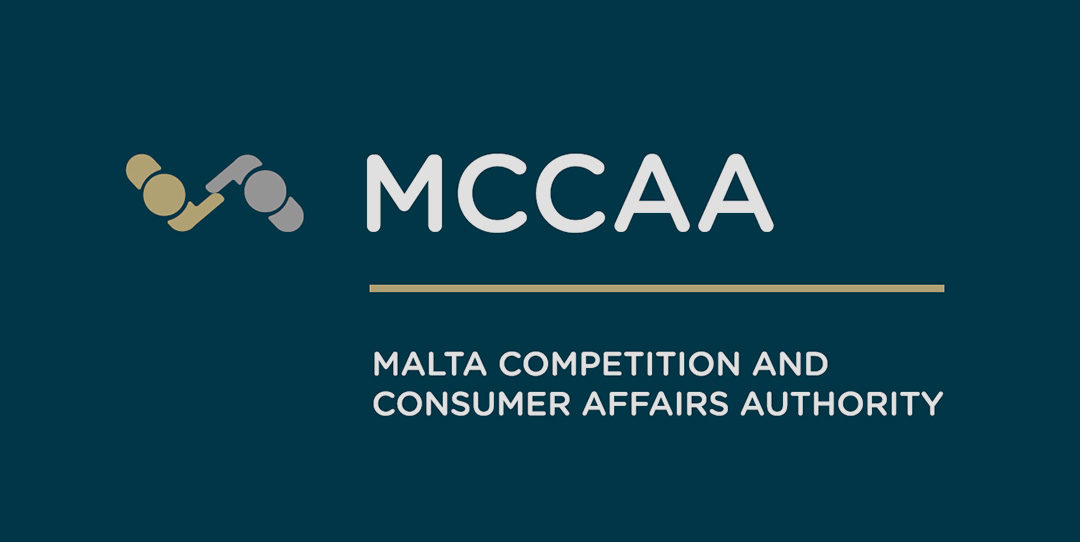Act XVI of 2019 was recently enacted to amend the Consumer Affairs Act, Cap. 378 and the Competition Act, Cap. 379 in order to extend the competence of the Civil Court (Commercial Section) and to make ancillary and consequential provisions thereto.
The amendments were necessary in view of Constitutional Court decisions which had rendered the current Consumer and Competition Affairs Authority effectively toothless, on in particular involving the federation of Maltese estate agents who challenged a fine imposed by the Malta Competition Office on the basis that such imposition by the regulator acting as investigator, judge and jury was in breach of its right to a fair hearing, and thus unconstitutional.
A New Act to amend the Competition and Consumer Affairs Act
Under the new Act entitled An Act to amend the Competition Act, Cap. 379 and the Consumer Affairs Act, Cap. 378 and other Laws, to extend the competence of the Civil Court (Commercial Section) and to make ancillary and consequential provisions thereto , the Director General (Consumer Affairs) (DG) still has the power to carry out investigations. However, when upon the conclusion of an investigation, it appears prima facie to the DG that there is an infringement, the DG shall institute judicial proceedings against the person concerned before the Civil Court by means of a sworn application. The DG is no longer empowered to issue a decision on infringement himself.
Judicial Proceedings seeking confirmation of violation of consumer rights & competition rules
Part IIA of the Act regulates the judicial proceedings before the Civil Court and the Court of Appeal, including the requisites to be included in the sworn application. The said sworn application needs to include among other things the DG’s request for a declaration by the Civil Court that the person concerned, against whom the judicial proceedings are instituted, has infringed the provisions of the Act and of the regulations made thereunder. The person concerned may contest within 20 days from the notification to him of the sworn application, by filing a sworn reply. Moreover, the DG and any party to the proceedings before the Court, who feels aggrieved by the judgment of the Civil Court, may appeal before the Court of Appeal, on any point of law and, or of fact, by means of an application filed in the registry of the Court of Appeal within 20 days from the date of the judgement of the Civil Court. The Court of Appeal shall appoint the case for hearing not later than 6 months from when the appeal application is served on all the parties.
Penalties as opposed to administrative fines
With regard to penalties, the Act no longer refers to an administrative fine that can be imposed by the DG but to a penalty that can be imposed by the Civil Court. The amount that can be imposed has not changed, and therefore the penalty ranges between €470 and €470,000.
Iuris has represented clients on both Consumer Rights related cases as well as cases related to Competition. For any information or advice on these and other matter please contact Dr. Romina Bartolo or any other member of Iuris Advocates
